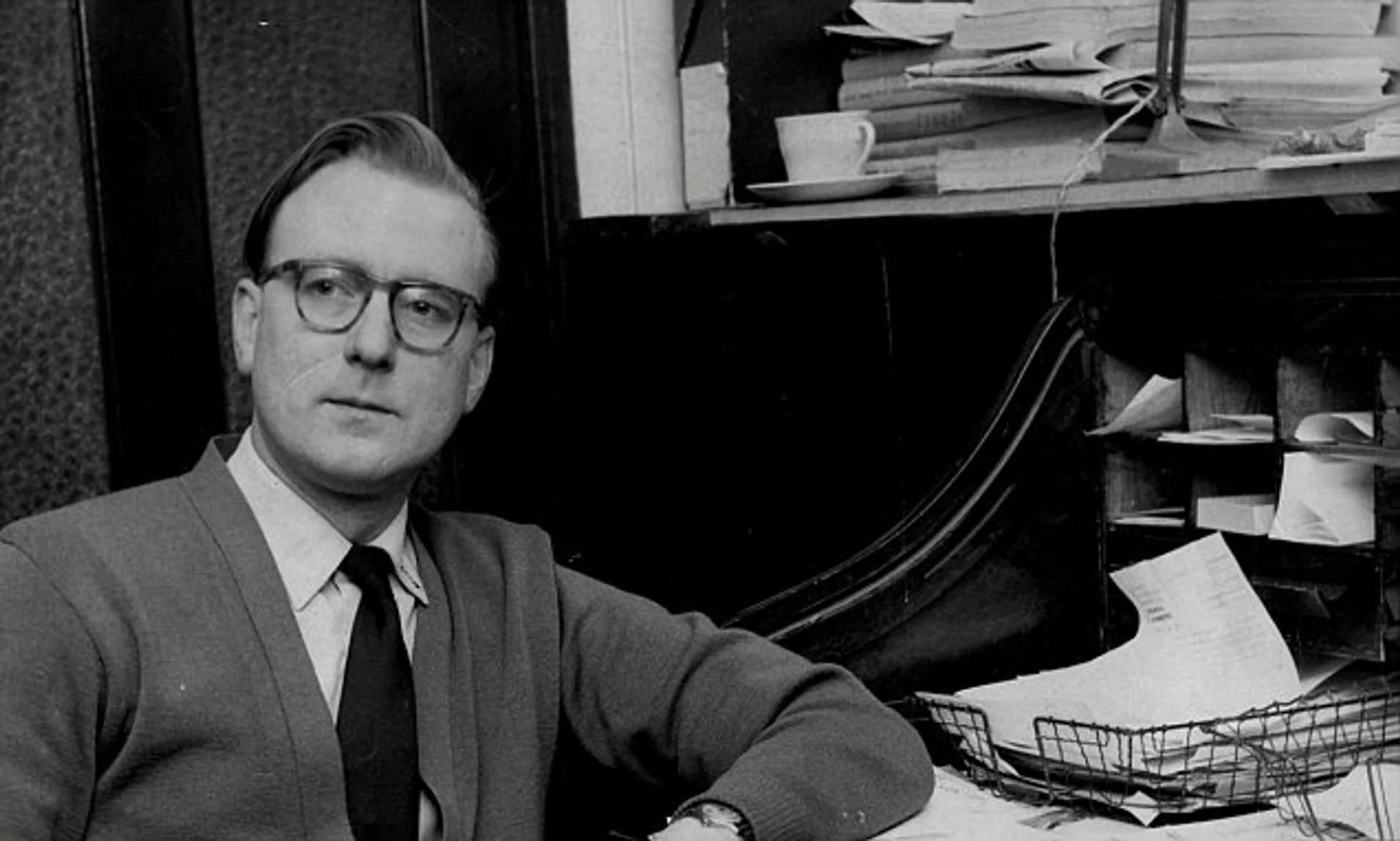How did human rights become international?
The project ‘Making Amnesty international’ answers this question through the lens of one of the most well-known human rights organisations in the world. By examining what being an international organisation meant to Amnesty’s (mainly European) leadership, as well as why people across the global South decided to join, it constructs a global history of cross-border collaborations and the challenges of internationalism. It shows the way that many serious divisions in the world - between North and South, but also between different communities and identity groups within nation states - persisted during the late twentieth century, a time generally considered to be one of rapid globalisation and increasing connections, and why various activists thought it important to overcome them.
The project centres the activists that drove Amnesty forward between the years 1961 and 2001. In telling their stories, it also examines the various contexts that these activist came from, placing Amnesty and human rights in a social movement context.
Explore
Archival collections & sources for researching Amnesty
There is space for so much more work to be done both on Amnesty and on human rights, using Amnesty as a lens. In the spirit of more open and collaborative research practices, here you can find guides to the sources used in this project. You can also access a selection of the oral history interviews conducted as part of this project, and use them for your own research.
Funding & other support
Horizon 2020
This project has received funding from the European Union’s Horizon 2020 research and innovation programme under the Marie Sklodowska-Curie grant agreement No 101031140
KADOC: Documentation and Research Centre for Religion, Culture and Society
The MSCA Fellowship was carried out at KADOC, KU Leuven, Belgium
School of Social and Political Sciences, The University of Melbourne
SSPS provided invaluable financial support and institutional environment for the beginning of this project
Other writing
Contact
If you have been a member of Amnesty and want to contribute your story to the oral history project, get in touch. Or for any other reason, really!
archive and research
archival services
Do you need archival work done in The Netherlands, or elsewhere in Europe? We recommend this research service.










